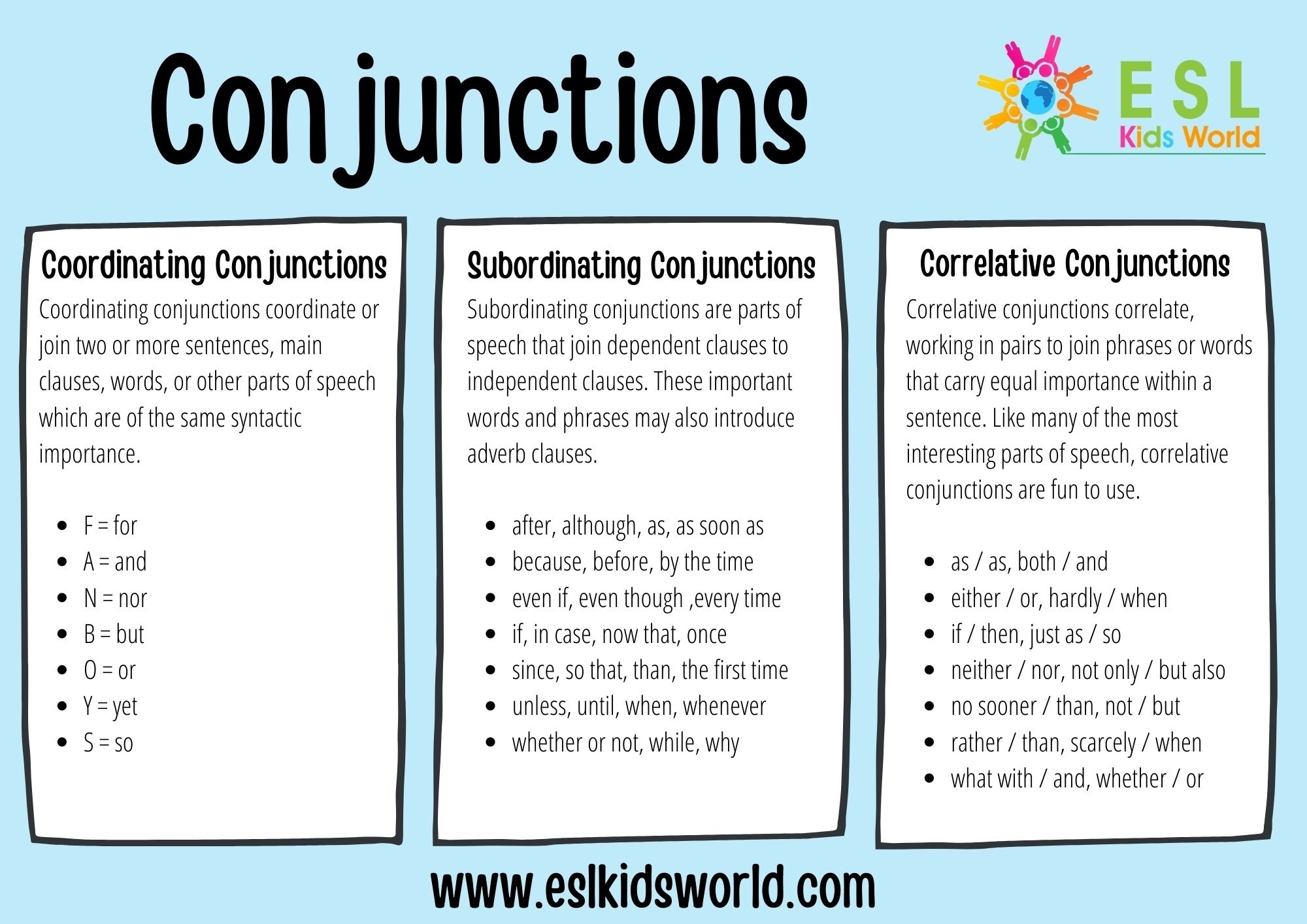Conjunctions are an essential part of the English language, connecting words, phrases, and clauses. They can be categorized into different types such as coordinating, subordinating, and correlative conjunctions. One common word that often raises questions is “should.” Is “should” considered a conjunction? Let’s delve into this topic further.
First and foremost, it is important to clarify that “should” is not a conjunction. Instead, it is a modal verb that is used to indicate obligation, necessity, or advisability. Modal verbs, including “should,” “must,” “can,” and “will,” express the speaker’s attitude or opinion towards the action being described. While conjunctions connect different parts of a sentence, modal verbs modify the meaning of the main verb.
When used in a sentence, “should” typically precedes the base form of a verb. For example, “You should study for the exam” or “She should go to the doctor.” In these instances, “should” is functioning as a modal verb, indicating a recommendation or suggestion. It is not joining two clauses or phrases together, which is the primary function of conjunctions.
Furthermore, it is worth noting that “should” can also be used in conditional sentences to express a hypothetical situation. For instance, “If I were you, I should apologize” or “If it should rain, we will bring umbrellas.” In these cases, “should” is still acting as a modal verb, indicating a possibility or expectation rather than serving as a conjunction.
In conclusion, while “should” plays a significant role in English grammar as a modal verb, it is not classified as a conjunction. Understanding the distinction between modal verbs and conjunctions is crucial for constructing clear and coherent sentences. So, the next time you come across the word “should,” remember its function as a modal verb rather than a conjunction.
